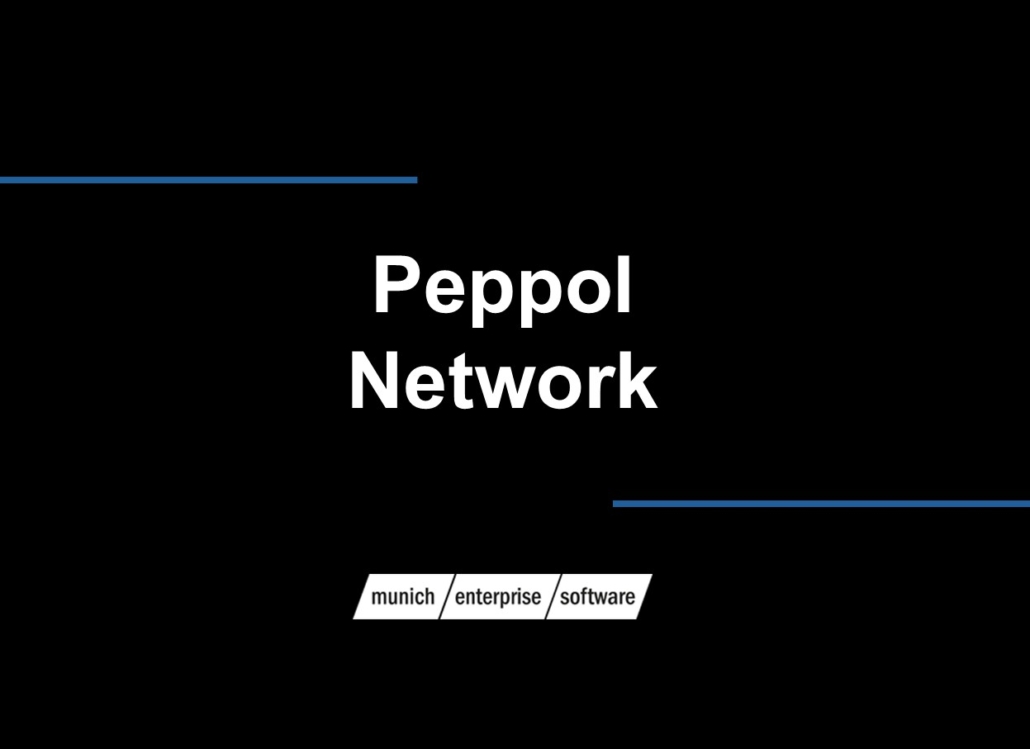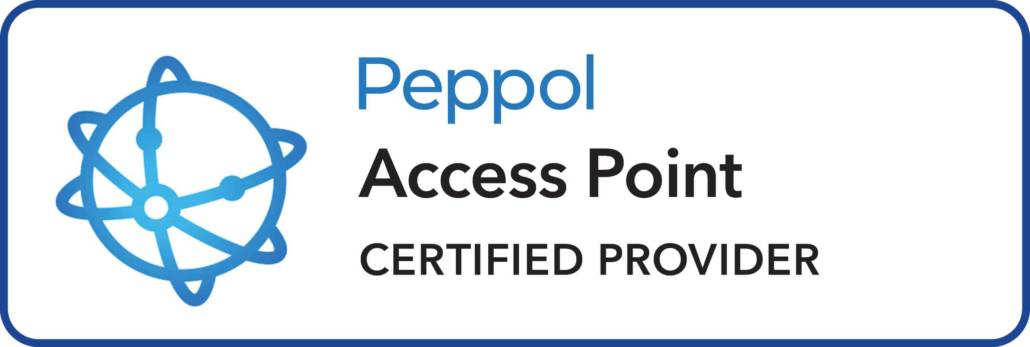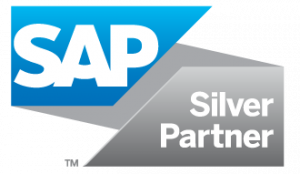PEPPOL: Secure data exchange – Europe-wide!
The international network for companies and authorities – B2G & B2B.
All the facts, benefits and how you can network.
Introduction to PEPPOL
PEPPOL (Pan-European Public Procurement OnLine) is an international network through which registered companies and authorities connect to exchange documents electronically – quickly, easily, securely and in compliance with the EU Directive 2014/55/EU. Through open standards, PEPPOL also simplifies public procurement procedures and replaces complex, analogue processes.
Table of Contents

PEPPOL started in 2008 as an EU project. Since then, a resilient network infrastructure as well as efficient software and service solutions have been developed that sensibly complement or replace existing processes and create new market potential – in Germany, in the EU and internationally.
Important basics
Who is PEPPOL relevant for?
- B2G (Business-to-Government): For all companies that work for public authorities – in Germany, Europe and internationally.
- B2B (Business-to-Business): For companies that want to automate their business processes and use standardized, structured data flows.
What are the advantages of the PEPPOL network?
- Simplifies public procurement procedures (e-Procurement)
- Digitizes and automates business processes
- Legally compliant invoice exchange (EU Directive 2014/55/EU)
- Highest security standards and legally compliant delivery
- Internationally recognized and interoperable (PEPPOL Germany and worldwide)
- Structured, easy-to-process formats (e.g. UBL, XRechnung)
- Legally binding acknowledgement of receipt
- Reduced effort and lower costs
Why was PEPPOL introduced?
For years, analogue procedures in international procurement were too confusing, complicated and time-consuming. PEPPOL solves this problem with uniform standards and formats for an efficient, transparent exchange of information between contractors and clients – not only in e-procurement. Documents can be easily sent, read and processed by all actors in the network.
Technical functionality
How does PEPPOL work?
PEPPOL works like a telephone network: via access points , organizations exchange secure “messages” – such as invoices and orders – with each other. The underlying format is the UBL (Universal Business Language). A unique PEPPOL ID ensures that participants can reliably identify themselves.
Companies registered in the network can exchange documents securely, quickly and easily in digital, machine-readable formats throughout Europe. This also includes e-invoice formats such as XRechnung or ZUGFeRD, which are transmitted via the network to companies and public clients in the EU.
Important: For companies working for the public sector, electronic invoicing has been mandatory since 27.11.2020 in accordance with EU Directive 2014/55/EU.
The PEPPOL ID
The PEPPOL ID is used to uniquely identify the participants in the network. Companies and public authorities automatically recognise this. A PEPPOL ID is made up of country and company identifiers (e.g. DE :USt-IdNr:12345678); components such as Chamber of Commerce No. or VAT number. When joining the network, each participant receives their own ID.
What is an access point?
A PEPPOL access point is the technical access to the PEPPOL network. Only through such access can participants exchange electronic orders, invoices or other business documents. The principle is: “connect one, connect to all” – all PEPPOL participants can reach each other, regardless of which access point they are connected to. There are around 200 access points worldwide. We are a certified PEPPOL access point and provide a secure, standard-compliant and reliable connection in Germany.

certified access point
How does the implementation in the company succeed?
- Choose an access point: Selection of a certified PEPPOL access point (e.g. munich enterprise software).
- Registration & PEPPOL ID: Setting up identifiers (e.g. routing ID) and test transmissions.
- Integration: Connection of ERP/accounting systems (e.g. SAP) via standardised interfaces.
- Commissioning & Operation: Go-live, monitoring, support, updates – legally and standard-compliant.
The following applies to suppliers in the public sector: PDFs are not permitted. Structured data is required, e.g. XRechnung (can be sent via the PEPPOL infrastructure) or ZUGFeRD.
PEPPOL in practice
International use
PEPPOL – originally launched throughout the EU – is now internationally established. In addition to numerous European countries , Singapore, Australia, New Zealand and other countries also use the infrastructure. This strengthens interoperability in cross-border business transactions.
Send invoices in compliance with guidelines
For suppliers of the public sector in Germany, electronic invoicing has been mandatory since 27.11.2020. A legally compliant e-invoice is a digital UBL file that is exchanged directly between two accounting departments – ideally via PEPPOL. Alternative ways (e.g. e-mail) do not generate legally binding receipts.
German authorities must be able to receive XRechnung . In addition, there are other formats that comply with the EN 16931 standard, including UN/CEFACT XML CII D16B and ISO/IEC 19845 (UBL 2.1). In practice, XRechnung prevails.
Solutions from munich enterprise software
We are a certified PEPPOL Access Point. Our solutions around PEPPOL, XRechnung and ZUGFeRD make companies internationally competitive. We ensure that you send, receive and manage invoices in a legally compliant, EU-compliant and international manner – including integration into existing IT and SAP systems, monitoring, operation and SLA-supported support.
- Certified connection to the PEPPOL network
- End-to-end processes for SAP-based e-invoicing scenarios
- Support for the conversion and expansion of your infrastructure
- Monitoring, proof of delivery, and continuous updates
Next steps
Would you like to use PEPPOL or professionalize your peppol e-invoice ?
- Get in touch – we will advise you individually.
- Learn more about SAP e-invoicing – integrated end-to-end processes and integration.




